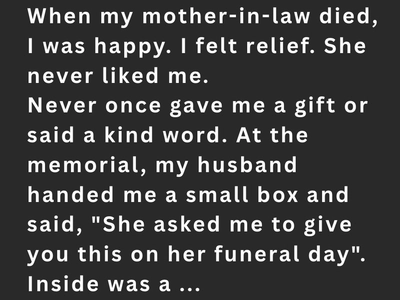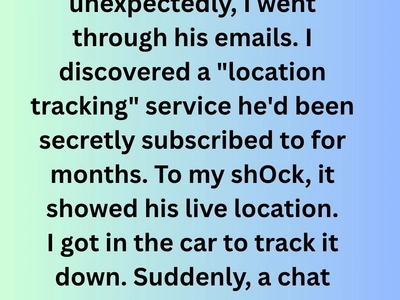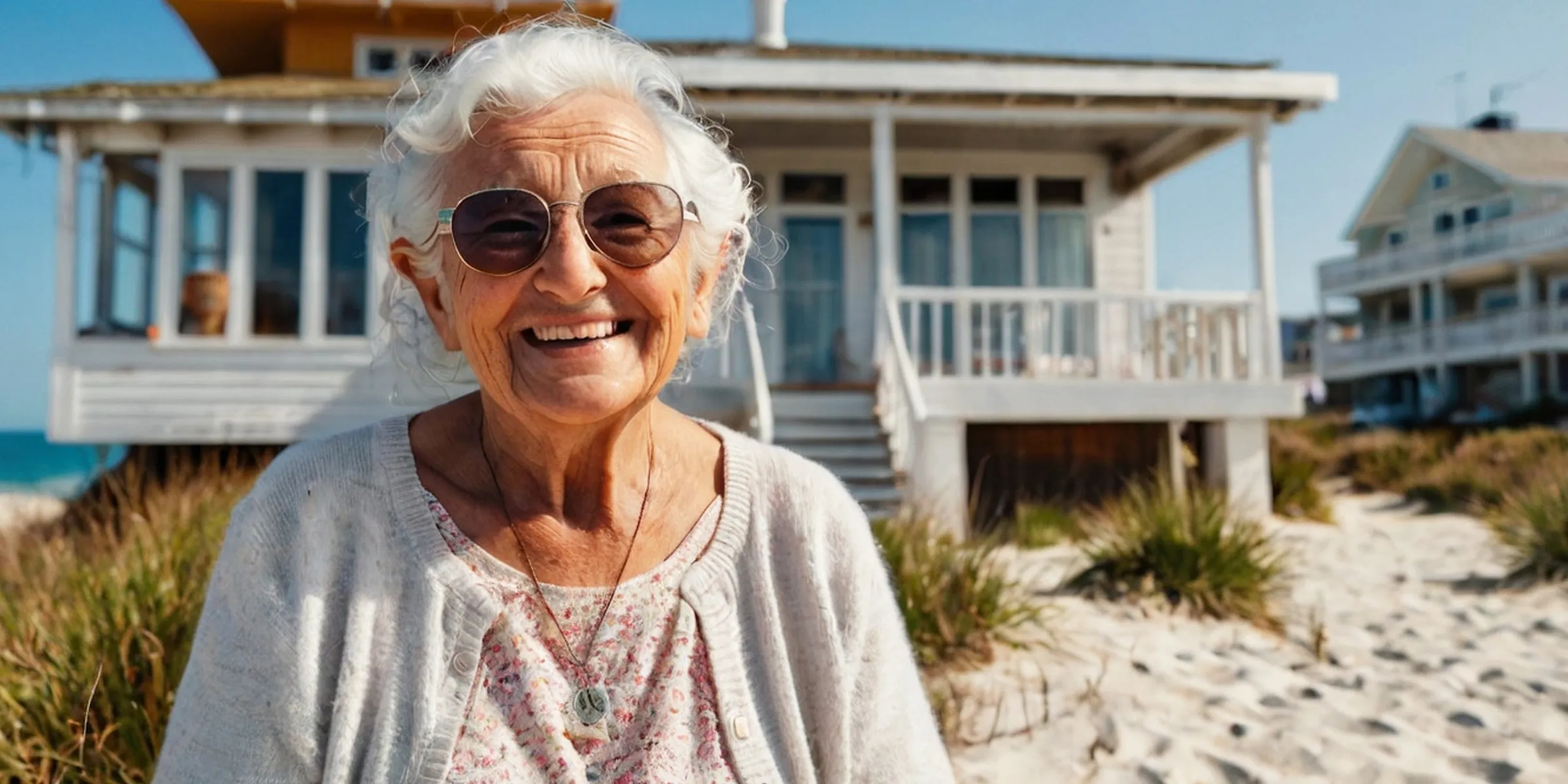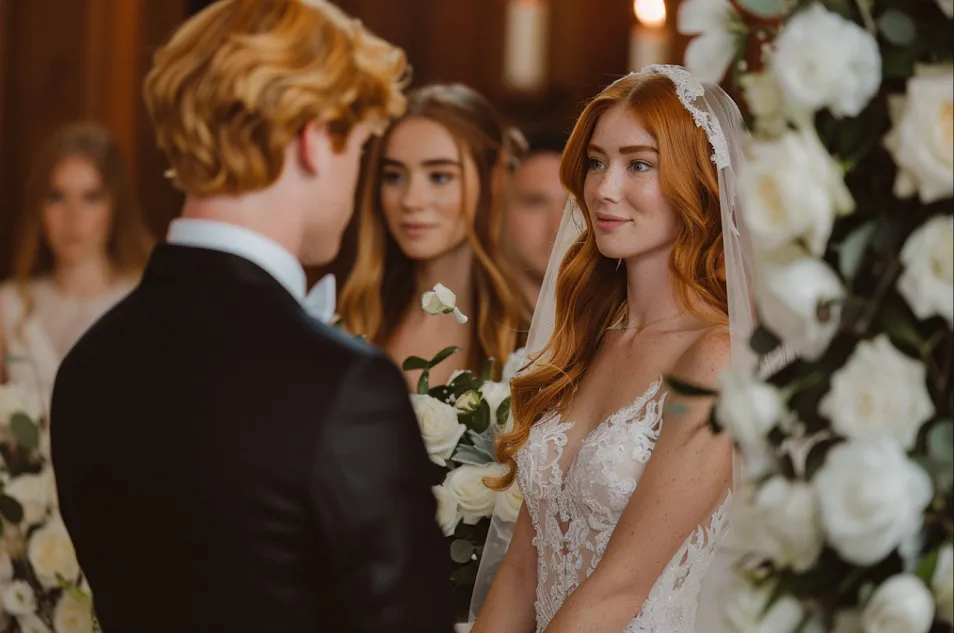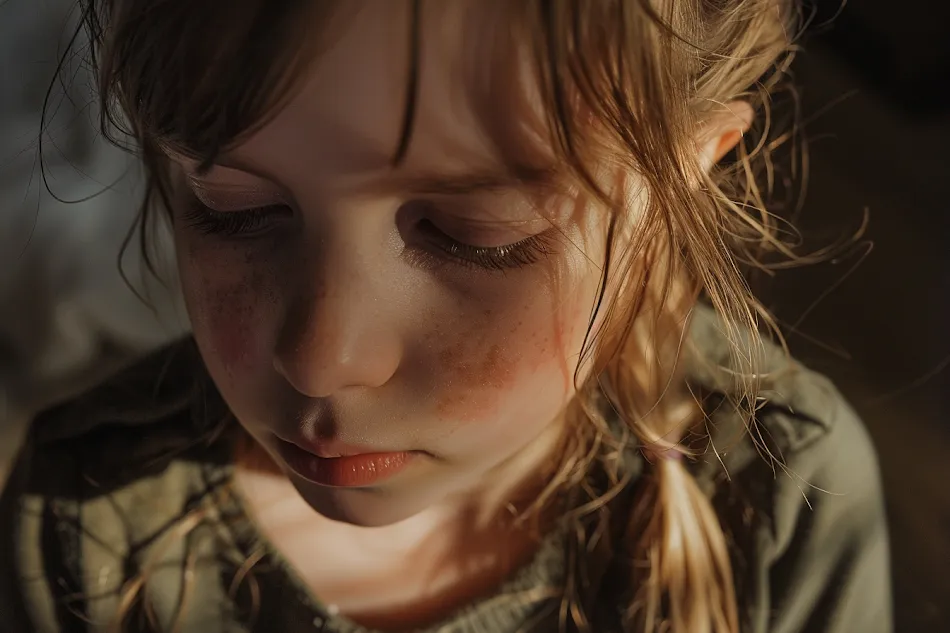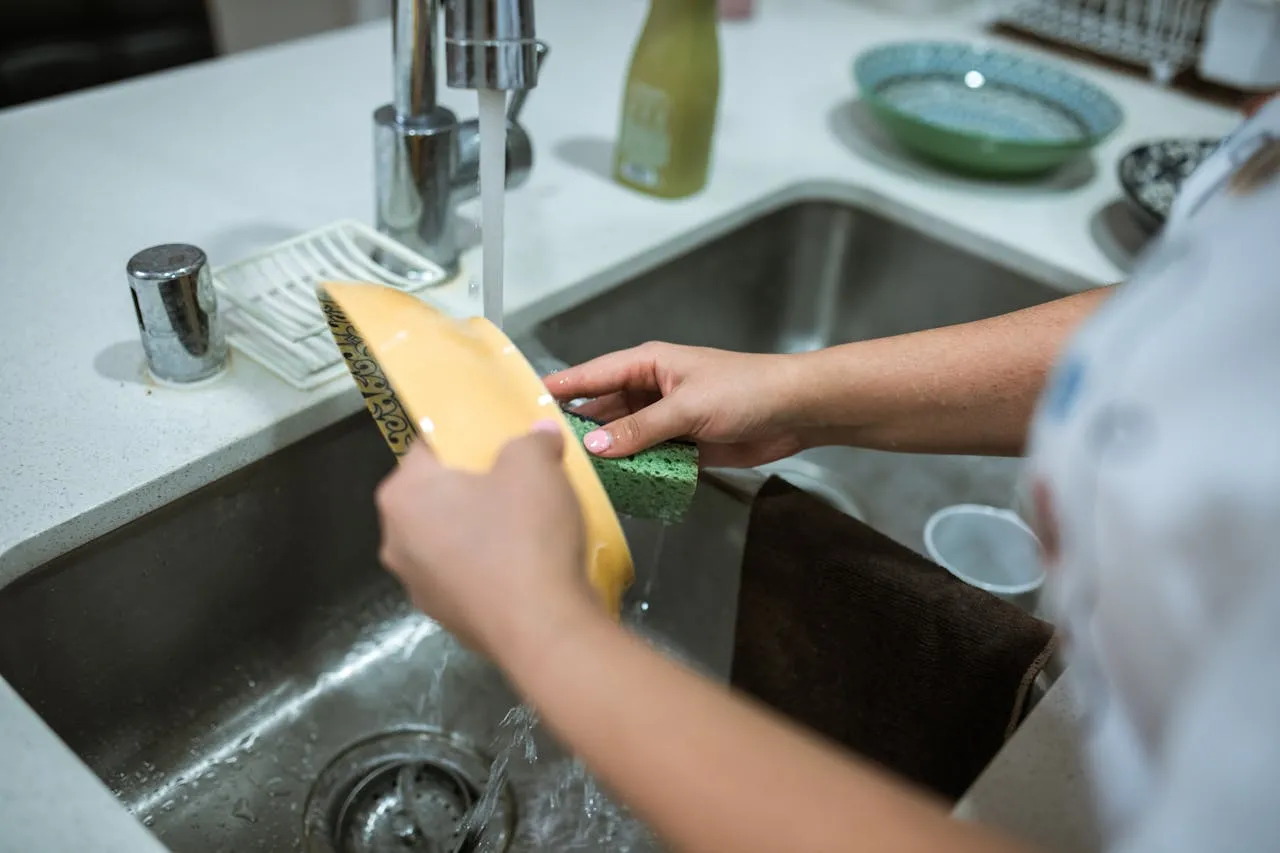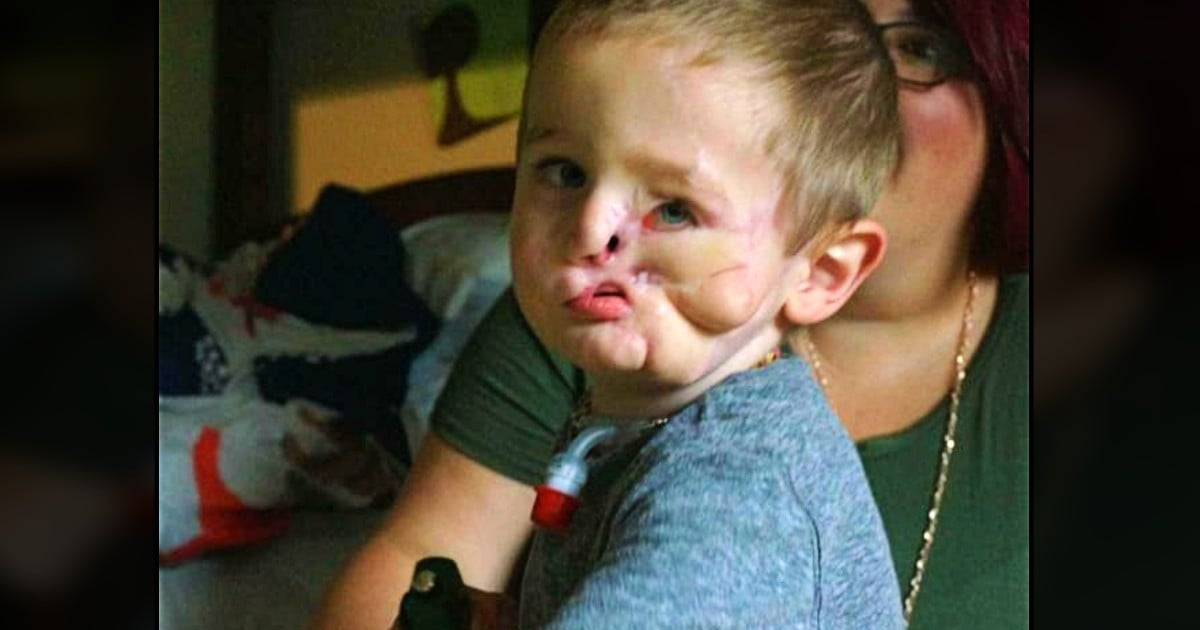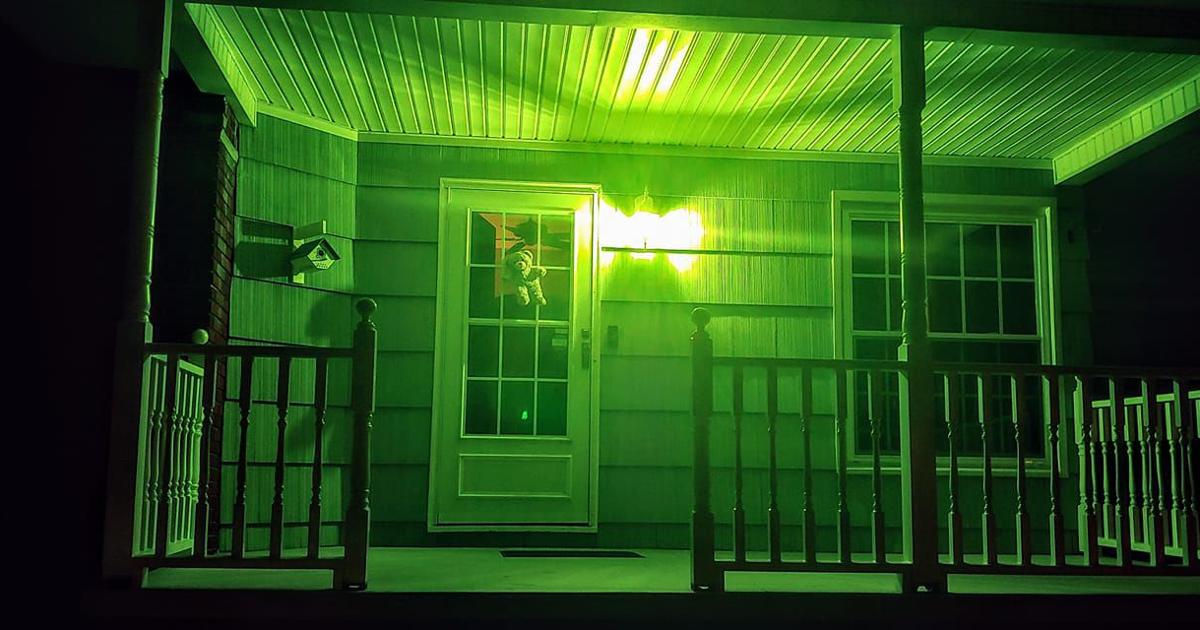The Box She Left Behind
When my mother-in-law died, I didn’t cry. I didn’t feel the weight of grief that people talk about, that ache in the chest or the emptiness that makes the world seem muffled and far away. What I felt was relief. A strange, light, almost guilty kind of relief.
Harsh, I know. But the truth is, she had never liked me. Not once in the ten years I had been married to her son did she offer me kindness, approval, or even polite tolerance. She never gave me a gift. She never spoke a soft word. She never tried to hide her disapproval. Every holiday became a performance where I was cast as the outsider. Every family dinner felt like a test I was destined to fail.
So yes, when she passed, what I felt was freedom.
But then, at the memorial, when people were whispering condolences and recalling stories I had never heard, my husband slipped me a small velvet box. He leaned close so no one else could hear.
“She wanted you to have this,” he whispered. “She was very clear. Said you should open it today. Alone.”
That last word clung to me like a burr. Alone.
I didn’t open the box at the service. I waited until we were back home, after the guests had drifted away and our son was tucked in bed. I sat on the edge of our mattress, the house too quiet, the shadows too long, and lifted the lid.
Inside lay a silver necklace with a teardrop-shaped sapphire pendant. Delicate, shimmering, beautiful. The kind of piece that carried history. I held it in my palm, admiring its weight, but something made me turn it over.
On the back was an engraving. Two tiny initials: L.T.
My initials.
I frowned, confused. Then I noticed a folded note tucked beneath the velvet lining of the box. My name was scrawled across it in her sharp, uncompromising handwriting.
I hesitated before unfolding it. What could she possibly have to say to me now?
Her words stunned me.
“If you’re reading this, I’m gone. And if you’re reading it, that means I finally grew a spine.
I never said it when I should have, but I was wrong about you. And I need to tell you why.”
I froze. My mother-in-law was not a woman who admitted mistakes. Ever.
“I hated you not because of who you were, but because of what you reminded me of. You were young, driven, outspoken. I used to be like that once. Until I gave it all up for marriage. For appearances. For a life that never said thank you.
When you married my son, I feared he’d ruin you the way his father ruined me.”
The words punched the air from my lungs. She wasn’t describing me—she was describing herself.
“So instead of loving you, I judged you. I pretended you weren’t good enough, when deep down I knew you were more than I ever had the courage to be. And I regret that.”
My eyes blurred. I had spent years building armor against her coldness, never realizing her cruelty came from her own scars.
The last part of the letter broke me.
“The necklace was mine once. It was given to me by a man I loved before I met my husband. His name was Lucas. The L was for him. I added the T later—for the daughter I never had. I always wanted a girl I could raise to be strong. I never had her. But in a strange way… I see her in you.”
I clutched the pendant to my chest and sobbed, for her, for me, for all the wasted years.
A week later, at the reading of her will, we gathered expecting very little. She hadn’t been wealthy. There was just her modest house, a small bank account, some jewelry. But then the lawyer cleared his throat and said something unexpected.
“She left a special clause for her daughter-in-law.”
All eyes turned to me.
The lawyer handed me an envelope. Inside was a brass key and a short note: She’ll know what it’s for.
And I did.
Years earlier, before the worst of the tension, I had once noticed a locked attic door in her house. I’d asked about it, and she had snapped, “That room’s off-limits.” Her tone had been sharp enough to make me drop the subject immediately.
Now, with the key warm in my hand, I knew exactly where I needed to go.
Her house felt strange without her. The air lighter. The walls less oppressive. My husband stayed downstairs, flipping through papers, while I climbed the narrow staircase alone. The attic door was tucked behind a faded curtain. My fingers trembled as I slipped the key into the lock.
It clicked open as if it had been waiting for me.
The room smelled of cedar and dust. Light filtered through a small window, catching on dust motes that danced in the air. In the center was an old trunk surrounded by boxes stacked haphazardly, as though someone had once tried to hide them quickly.
I knelt, lifted the trunk lid, and gasped.
Inside were journals. Dozens of them. Leather-bound volumes, spiral notebooks with yellowed pages, even scraps of paper folded and tucked into envelopes. Her whole life lay here, pressed into ink.
The first journal I opened was dated 1973. The handwriting was younger but still sharp. She wrote about her dreams of moving to Paris. About how she loved to paint. About how she felt trapped in a marriage that cared more about appearances than her happiness.
One page contained a photo of a watercolor she had painted. It showed a woman standing alone in a garden, her back turned, her figure delicate but defiant. On the back, in her unmistakable scrawl, were the words: Me, before I disappeared.
I pressed the photo to my lips and wept.
Another journal, from 1984, spoke of Lucas, the man who had given her the necklace. She described how her parents disapproved, how she let him go, how she never truly forgot him. He was the love she sacrificed. The ghost that lived between her ribs.
I lost track of time in that attic. Hours passed as I turned page after page, peeling back layers of the woman I thought I knew. By the time I came down the stairs, my body felt heavy, but my heart—strangely—felt lighter.
Weeks later, another letter arrived from her lawyer. She had left behind a safety deposit box in my name.
Inside was a check for $40,000. And another note.
“If you ever decide to chase your own dream, this is my way of helping. Don’t tell my son. He wouldn’t understand. He’s too practical, like his father. But you… you will.”
That money became the seed of something extraordinary.
I rented a small gallery space downtown. Nothing grand, just four clean white walls and good lighting. A place for overlooked artists—especially older women—who had never been given the chance to be seen.
I named it The Teardrop, after her pendant.
Her journals inspired me to include her own work. The soft, aching watercolors she had tucked away for decades. Paintings of loneliness, regret, and longing. People came. People lingered. Some cried quietly in front of her art.
One woman whispered, “I feel like she painted my life.”
Her voice, buried for so long, was finally being heard. Her art, hidden for decades, was finally being seen.
And through her, I found my purpose.
It has been three years now.
The sapphire pendant rests on my collarbone most days, a reminder of her unexpected gift. The journals are archived at the gallery, open to anyone who wants to know the woman behind the brushstrokes.
My husband visited once. He stood quietly in front of the painting of the woman in the garden—the one she had titled Me, before I disappeared. His eyes filled with tears. “I never knew she felt this way,” he whispered.
Neither did I.
But now, the world knows.
And I know too.
Because sometimes the people who wound us most deeply are the ones who carry the heaviest wounds themselves. My mother-in-law wasn’t only bitter—she was broken, silenced, haunted by the choices she didn’t make.
In the end, she gave me her truth. Her regrets. Her hope that I might live differently. And somehow, through her last act of honesty, she turned me into the daughter she never had.
So if you’ve ever been hated for reasons you couldn’t understand, remember this: it’s often not about you. It’s about the battles they lost long before you arrived.
And sometimes, forgiveness doesn’t come in words spoken face-to-face. Sometimes it arrives in strange, fragile packages—a sapphire teardrop, a brass key to an attic, a letter that shifts everything you thought you knew.
